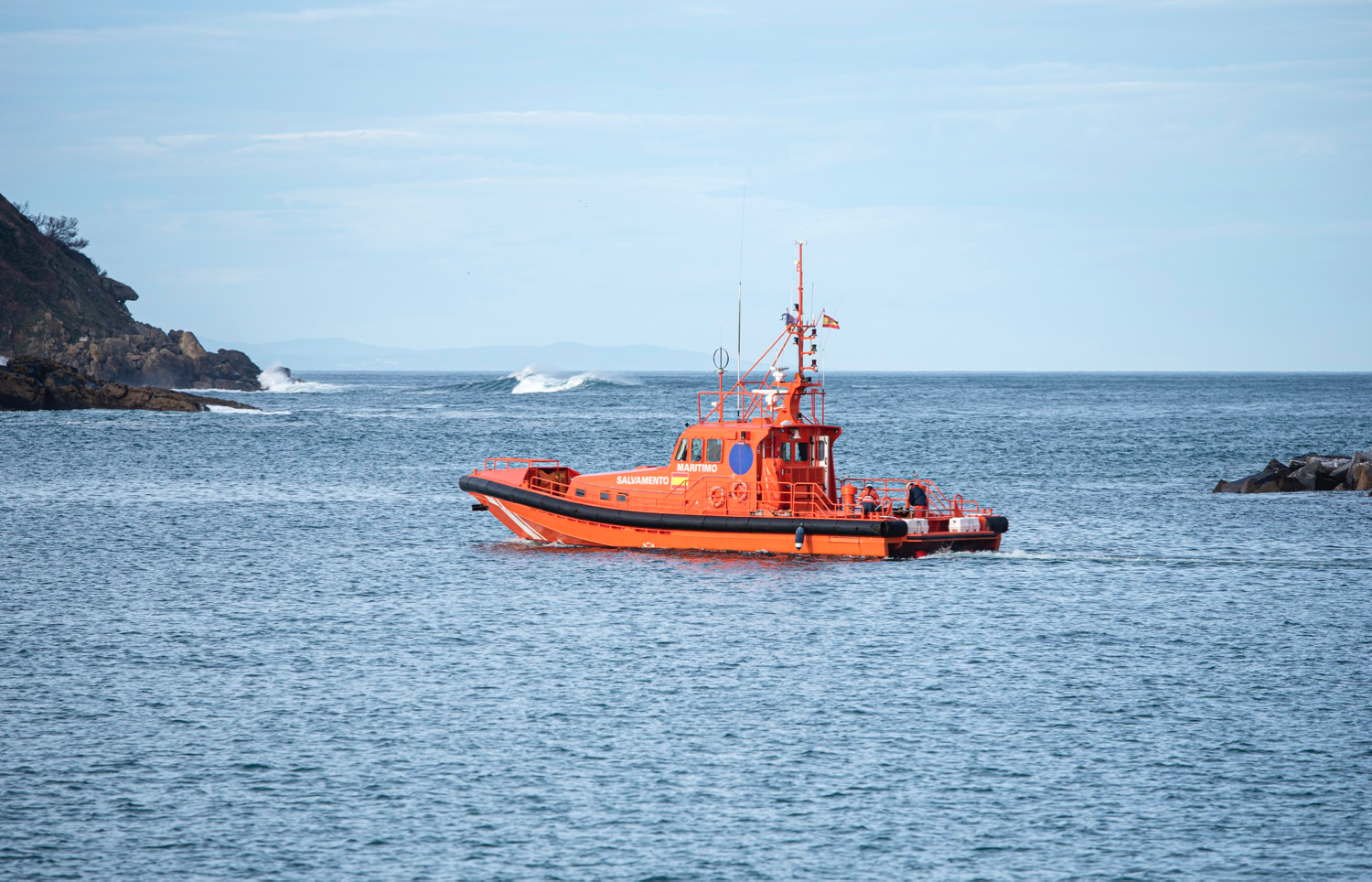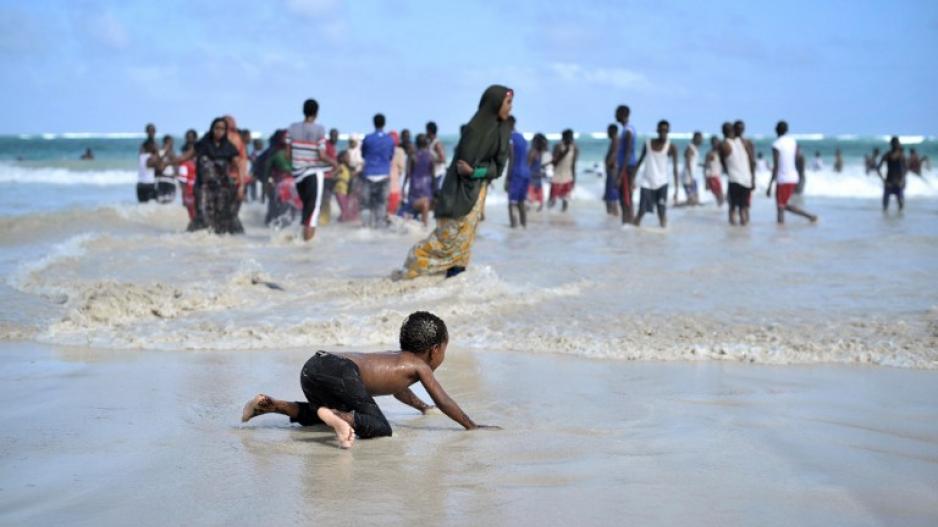Alcohol abuse and heavy drinking are a major problem in South Africa.
Last year, the government wanted to work on alcohol legislation that would make it harder for minors to get alcohol. That’s a good idea because it lets people know that no one should drink alcohol until he or she’s an adult.
According to a recent report by Business Insider, the government recently proposed to change alcohol laws and regulations.
The Beer Association of South Africa would support any changes to alcohol laws and regulations that are backed by research.
Following the Enyobeni Tavern tragedy in July, which resulted in the deaths of 21 young people, President Cyril Ramaphosa urged South Africans to stand firm on the issue of alcohol. In his speech, he said, “… let’s as South Africans show each other the respect to consider this issue thoroughly, calmly and soberly.”
In his statement, Ramaphosa drew a connection to two other tragic events: the Throb nightclub disaster of 2000 and the riots at Osi’s Tavern in Khayelitsha in 2015. In these three tragedies, the president saw a common denominator: they involved establishments that sold alcohol to minors.
According to the World Health Organization, South Africa had one of the highest alcohol consumption rates in the world in 2019.
According to a 2014 study by the College of Cape Town, the South African Medical Research Council and the College of Witwatersrand, alcohol cost about 37.9 billion euros (1.6% of GDP) in 2009.
According to Business Insider, alcohol restrictions will include the following:
Limiting the hours, days, and weeks that sales can take place in your neighborhood – and the ability for community members to participate in licensing outlets.
Raise the minimum age for alcohol consumption to 19.
To ensure that cigarettes and tobacco products aren’t sold by drivers who’re not licensed for the area, retailers must only use licensed delivery drivers.
Introduce a traceability system for alcohol products that tracks all the way back to the source of production
In order to issue new licenses, an assessment should be made of market availability in the area.
Harmful alcohol consumption is more widespread than most people realize. Therefore, you should assess how much risk your establishment poses to harming drinkers. Under risk-based licensing, annual license fees depend on the risks posed by your operation.
Support home-based business owners who need an alternative income opportunity. Profitable opportunities with unique and engaging content, but that will never meet licensing requirements.








